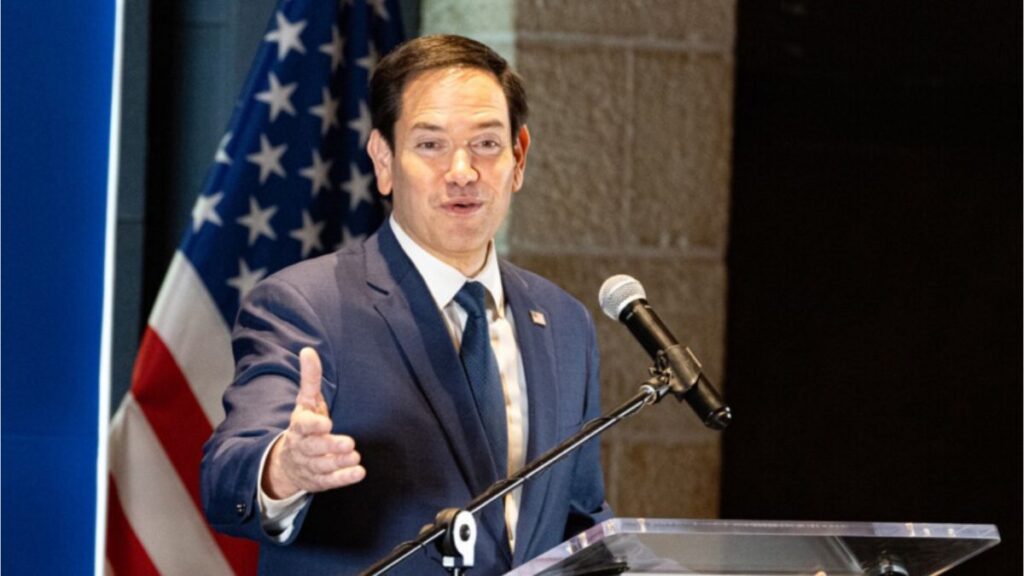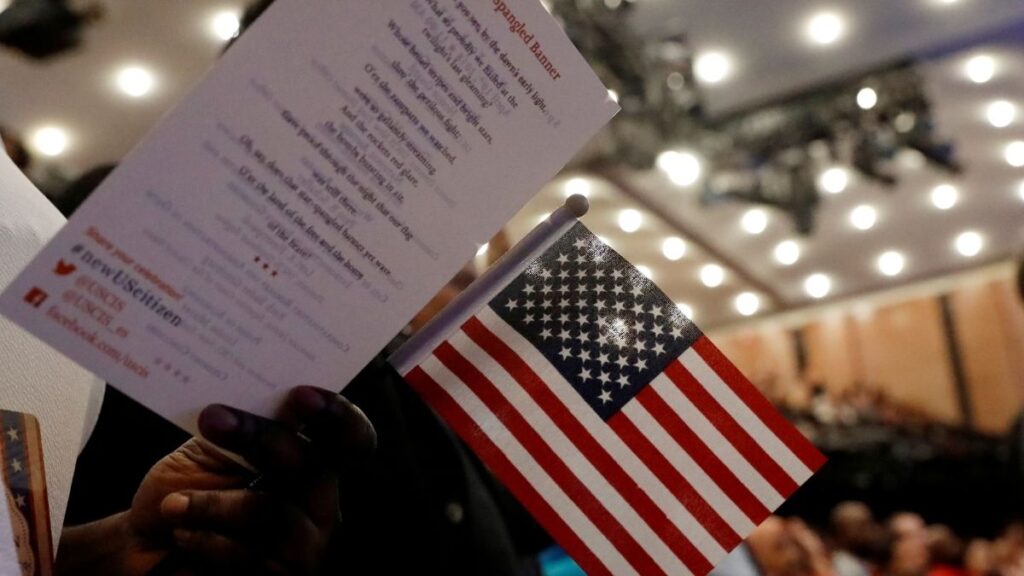U.S. Introduces Visa Bans Over Foreign Censorship of American Speech on Social Media
WASHINGTON, May 28 — In a significant move aimed at defending online freedom of expression, U.S. Secretary of State Marco Rubio announced a new visa policy that would restrict entry for foreign nationals accused of censoring protected speech originating in the United States.
Rubio, speaking on Wednesday, emphasized that this policy targets individuals who engage in or enforce censorship that extends beyond their own jurisdiction and affects American citizens, companies, or platforms. While he did not name specific countries or individuals, his comments suggest that some officials in allied nations may be impacted—particularly those involved in regulating or pressuring U.S. technology companies operating abroad.
“This administration will not tolerate the harassment or legal targeting of Americans for exercising their free speech rights—especially by foreign actors with no legal authority over our people,” Rubio said in a public statement. “Efforts to dictate global content moderation rules that reach into the United States are unacceptable.”
The move comes amid rising tensions between the U.S. and European Union over digital policy. Several U.S. companies, including Meta—the parent company of Facebook and Instagram—have criticized the EU’s Digital Services Act (DSA), which mandates stricter content moderation rules. Critics, including some U.S. officials, have argued that such measures amount to censorship that could stifle free expression.

Rubio’s remarks follow recent legal and diplomatic disputes. Platforms like Rumble and X (formerly Twitter), both associated with U.S. conservatives, have clashed with international regulators, including Brazil’s Supreme Court, over content takedown orders. These incidents have fueled concerns among U.S. policymakers that foreign governments are trying to police online speech in ways that infringe on American legal norms.
Although the State Department did not provide a list of individuals who may be affected, Rubio said the policy would apply globally—to officials in Latin America, Europe, or elsewhere—if they attempt to suppress American voices or influence content decisions on U.S.-based platforms.
A European Commission spokesperson acknowledged the announcement but described it as general in nature, declining to speculate on its implications.
The new policy also coincides with broader diplomatic developments. The European Union is in ongoing negotiations with Washington over trade, and tensions over digital regulation could complicate those efforts.
Meanwhile, U.S. officials have increased diplomatic engagement with European countries over concerns related to speech regulation. A delegation from the State Department’s Bureau of Democracy, Human Rights, and Labor is currently visiting France and Ireland to address freedom of expression issues, officials confirmed.
A recent opinion piece by a senior U.S. advisor accused European governments of deploying Orwellian tactics to control public discourse, citing cases of activist arrests and controversial moderation practices. The piece criticized both the EU’s content policies and actions taken by national governments, such as the jailing of anti-abortion activists in the UK.

While some observers see the visa restrictions as a symbolic gesture, others view them as a clear signal of Washington’s intent to push back against what it perceives as overreach by foreign regulators into the digital rights of Americans.
As global standards for online content continue to evolve, the friction between national sovereignty, corporate responsibility, and individual freedoms remains at the forefront of international debate.






